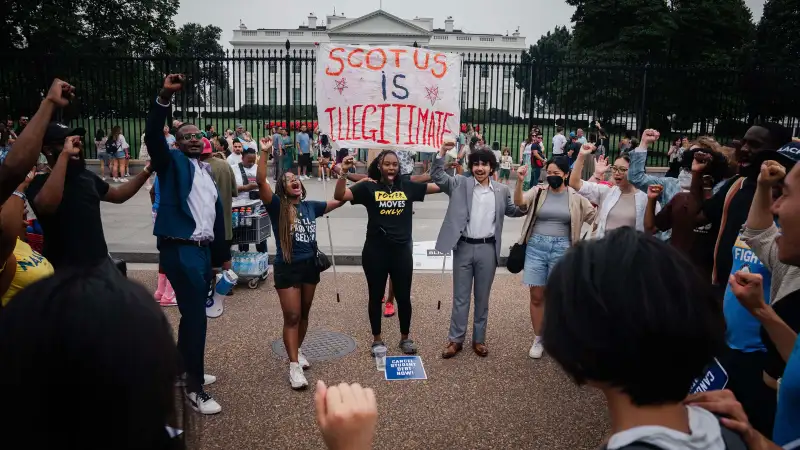Biden Reveals New Student Loan Forgiveness Plan — Here's What Borrowers Can Expect Next

President Joe Biden will try to accomplish his long-promised student loan forgiveness through a new avenue after the U.S. Supreme Court blocked his original plan to forgive the debts of millions of borrowers.
The administration is starting a regulatory process to attempt to cancel student debt through a 1965 law called the Higher Eduction Act, Biden told reporters Friday, saying the process would take longer than his now-blocked 2022 proposal but is more legally sound.
The president's comments came as borrowers were still trying to digest the court's decision that the Biden administration did not have the authority to cancel over $400 billion worth of debt in the manner proposed. Admittedly, there's a lot that's not clear at this point about the timeline or next steps for borrowers.
But here's what we do know:
Biden has a new plan for student loan forgiveness
The court ruled that the Education Department did not have the authority to broadly forgive student loan debt under the HEROES Act, which is tied to national emergencies. Even before the decision dropped on Friday, some lawmakers and advocates were pushing the Biden administration to try for large-scale debt forgiveness using the Higher Education Act, or HEA, which legally grants the secretary of education the power to "compromise, waive or release" federal loans.
That's what Biden said he would do — but through a regulatory process called negotiated rulemaking, which requires a period for public comments and then several meetings for negotiators to weigh in on the new rule. It's unclear whether the administration is proposing the same amount of cancellation this time around.
We also don't know how long this process might last. Bharat Ramamurti, deputy director of the National Economic Council, said Friday the administration's new path will take months, though negotiated rulemaking processes regularly last at least a year.



